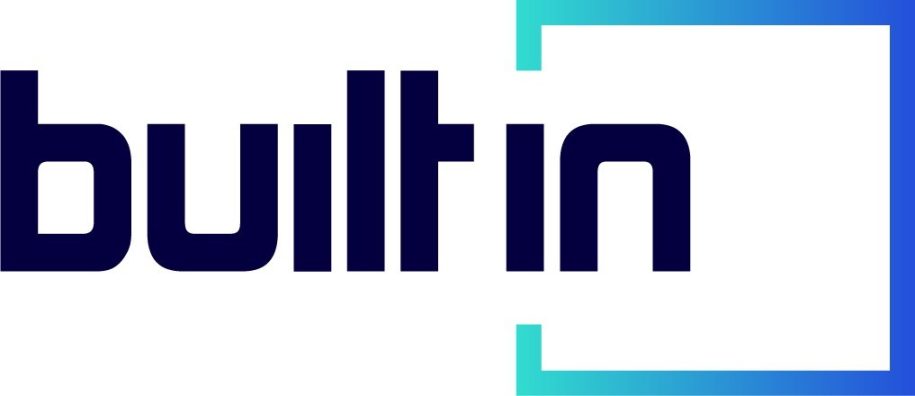An unconventional family, by our definitions, is one that falls outside of the traditional dynamic of a heterosexual couple with biological children. Today, families come in all different varieties. In fact, 80 percent of households in the U.S. have an atypical structure.
Whether the unique circumstances of these non-nuclear families are due to members with special needs, illness or non-traditional gender roles, these families require special consideration from human resources and diversity, equity and inclusion teams.
Here are five ways companies are actively supporting their most vulnerable employees that your organization should consider doing, too.
Reimburse Non-Traditional Family Planning Costs
For many people trying to start a family through unconventional means, the road is difficult and unpredictable.
Adoption is not cheap. The average private domestic adoption, according to the Child Welfare Information Welfare Gateway, costs $25,000–$45,000, and the average international adoption can range from $20,000–$50,000. This is why 64 percent of Americans say that employer financial assistance impacts their decision to adopt.
To stay competitive, many companies offer surrogacy, fertility and adoption and/or foster care benefits, which can include financial assistance as well as time off. These benefits make starting or expanding a family accessible to a much wider demographic, including people of all sexual orientations, single people or those who are older than the typical child-bearing age.
Bain, for example, offers unlimited in vitro fertilization coverage (which usually costs over $15,000 per cycle) and allows employees to take off two weeks a year to undergo, or support a partner undergoing, fertility treatments.
And in 2023, Ferring Pharmaceuticals was top of the Dave Thomas Foundation for Adoption list of 100 Best Adoption-Friendly Workplaces for offering unlimited adoption assistance and 26 paid weeks off for adoption.
Other companies like American Express and Snap Inc provide $35,000 and $40,000, respectively, in adoption reimbursement, which can go a long way toward helping families afford adoption.
Different processes of family planning, like IVF or adoption, may be filled with waiting and roadblocks. Companies can support employees by providing paid time off for necessary appointments and after the placement or arrival of a child.
But even when trying to be inclusive, companies can still fall into the trap of stereotyping. For instance, one study in the Journal of Social Policy found that same-sex male couples receive on average shorter parental leave than different-sex and same-sex female couples. When creating policy, be aware of different family structures and how that may impact caretaking responsibilities.
Encourage Employee-Led ERGs
Employees with unconventional family structures are more at risk of facing stigma and discrimination. They may feel isolated and have difficulty talking about their families in work settings. Companies should foster strong internal communities or point employees to external support groups.
According to McKinsey, 90 percent of Fortune 500 companies sponsor employee resource groups, which can be helpful places for employees to build relationships with people who share similar identities. ERGs also provide allyship and visibility from senior leadership, mentorship and a sense of belonging. ERGs can consist of many diversity affiliations, such as sexual orientation, cultural or ethnic identity, life stage, religion and interests.
When planning ERG activities, events or discussion topics, consider how even within those groups, there may be sub-groups with specific or differentiated needs, such as adoptive parents within an LGBTQ+ group or single parents within a parenting group.
By elevating the voices of minority employees, companies can encourage more people to be vulnerable and create a sense of community and psychological safety in the workplace.

